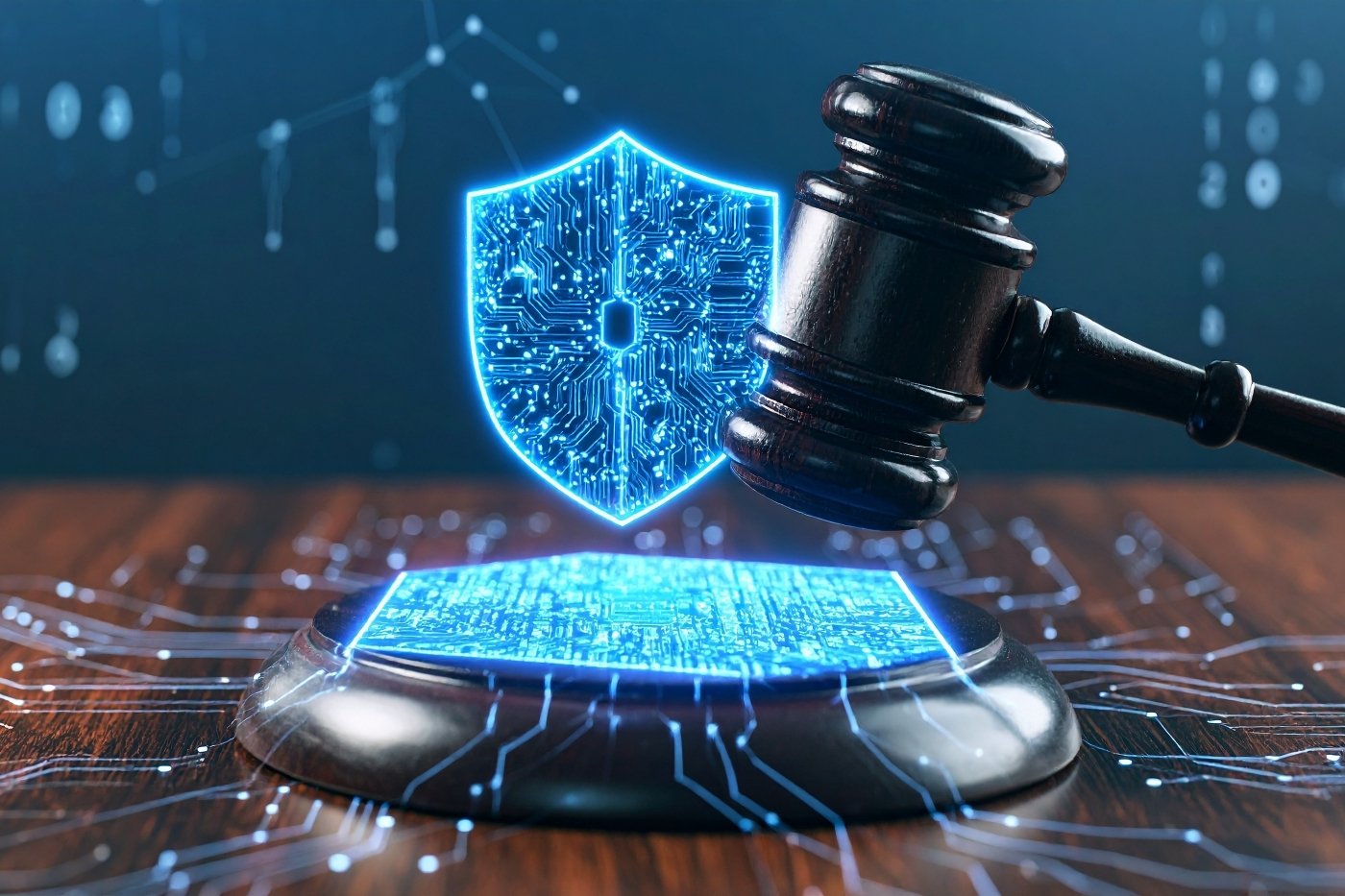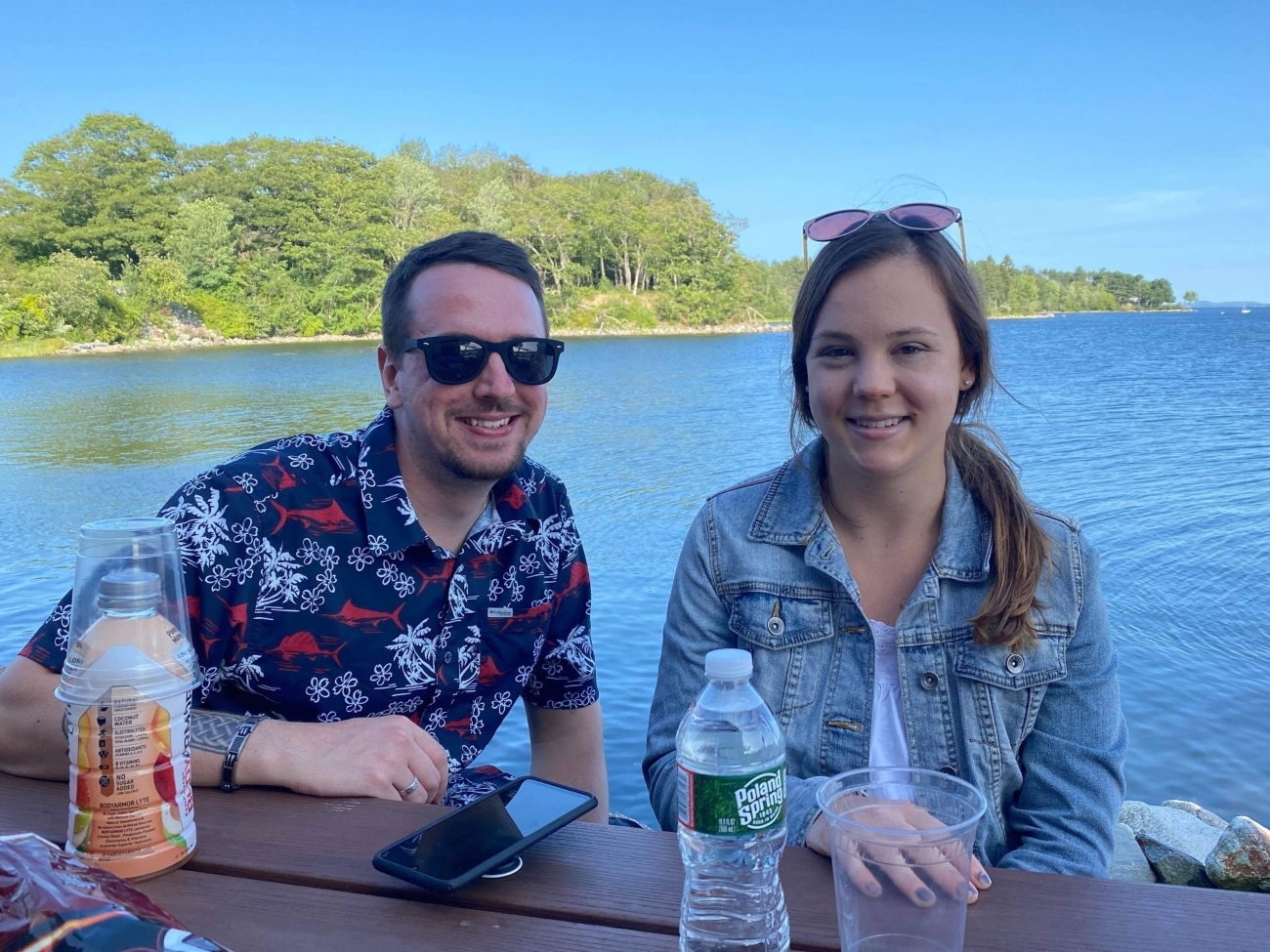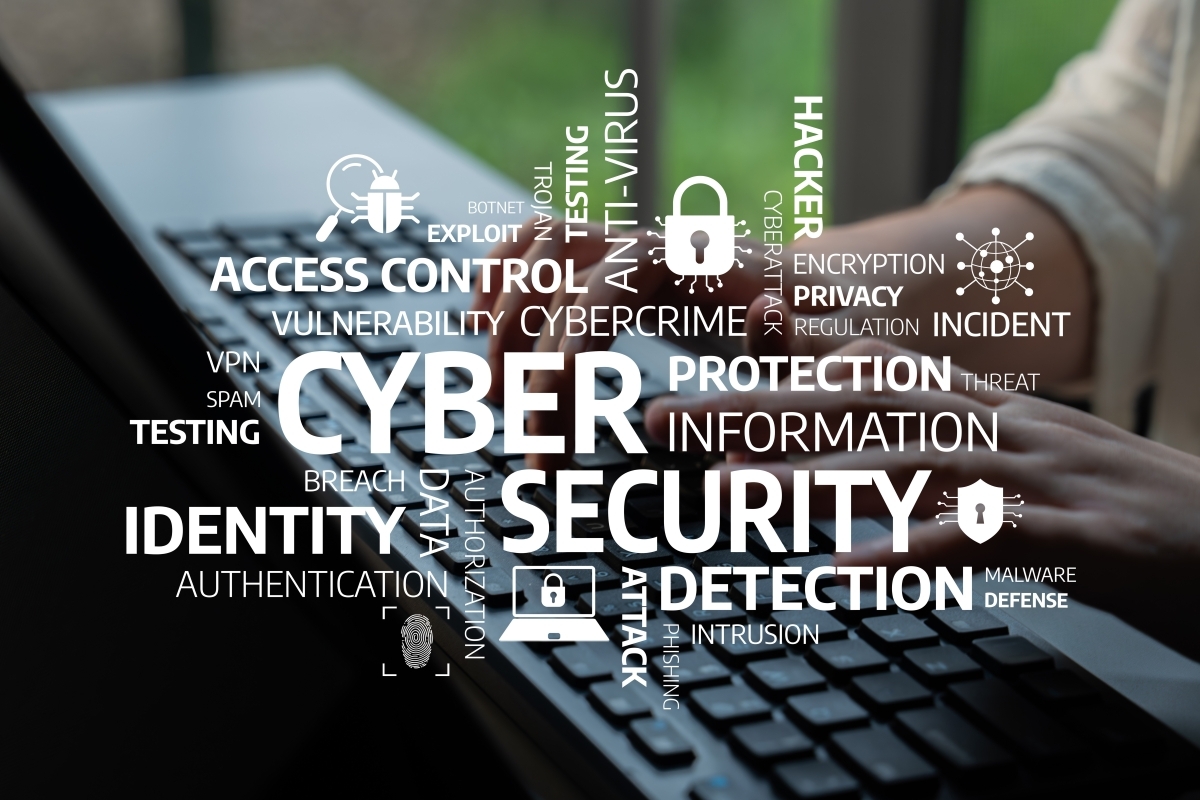In the ever-evolving landscape of legal technology, the discoverability of ChatGPT prompts in litigation is a pressing concern for attorneys and clients alike. Understanding the nuances of relevance, privilege, and emerging case law is paramount.
The Relevance of ChatGPT Prompts in Legal Proceedings
The discoverability of ChatGPT prompts in litigation largely hinges on their relevance to the issues at hand. Under the Federal Rules of Civil Procedure, parties are entitled to obtain discovery regarding any non-privileged matter that is relevant to any party's claim or defense. This means that if a ChatGPT prompt is considered pertinent to the case, it could be subject to discovery.
Relevance is determined by the potential of the information to affect the outcome of the litigation. For instance, if a prompt involves key details or arguments that could influence the case's direction, it might be deemed discoverable. Consequently, lawyers must be cautious and deliberate about the information they input into AI tools like ChatGPT.
Attorney-Client Privilege and Confidentiality in AI Interactions
Attorney-client privilege is a fundamental tenet of the legal profession that protects confidential communications between attorneys and their clients. This privilege aims to encourage open and honest communication, ensuring clients can disclose all relevant information without fear of exposure.
When using AI tools such as ChatGPT, it is crucial to consider whether the prompts contain confidential client information. If they do, these prompts might be protected by attorney-client privilege, shielding them from discovery. However, the application of this privilege to AI-generated content is still a developing area, and practitioners must stay informed on emerging guidelines and rulings.
Understanding the Work Product Doctrine in the Context of AI
The work product doctrine offers another layer of protection for materials prepared in anticipation of litigation. This doctrine is designed to preserve the privacy of an attorney's preparation, ensuring their strategic thoughts and impressions are not exposed to adversaries.
Prompts used in AI tools like ChatGPT for developing legal arguments or case strategies may fall under the work product doctrine. If deemed to be created in anticipation of litigation, such prompts could be shielded from discovery. However, the boundaries of this protection are still being defined in the context of AI, necessitating careful consideration by legal professionals.
Emerging Case Law on AI-Generated Content in Litigation
As AI usage becomes more prevalent in the legal field, courts are increasingly faced with the task of determining the discoverability of AI-generated content, including ChatGPT prompts. Case law in this area is still in its infancy, but early decisions provide some guidance.
Courts are beginning to establish parameters for disclosure, often focusing on the relevance and the nature of the AI-generated material. These rulings will likely evolve as technology advances and more cases arise, making it essential for legal practitioners to stay abreast of new developments and judicial interpretations.
Best Practices for Lawyers Using AI Tools Like ChatGPT
Given the complexities surrounding the discoverability of ChatGPT prompts, legal professionals should adopt best practices to safeguard their work. First, be judicious about the information entered into AI tools, avoiding the inclusion of sensitive or confidential client data unless necessary.
Second, maintain a clear record of how AI-generated content is used in case preparation. This documentation can help establish the relevance and applicability of privilege or work product protections if challenged. Lastly, stay informed about emerging case law and regulatory guidelines to ensure compliance and leverage AI tools effectively while minimizing risks.
For assistance with eDiscovery, paper discovery, or any other of our litigation support services, contact our team of experts today.



